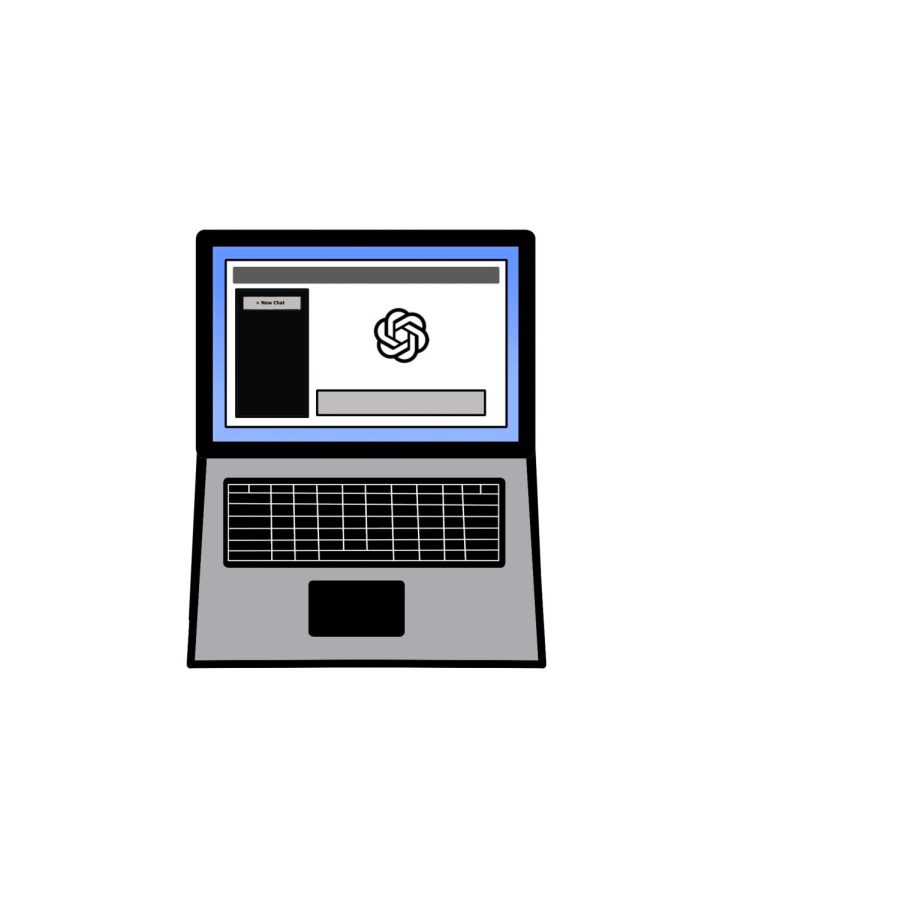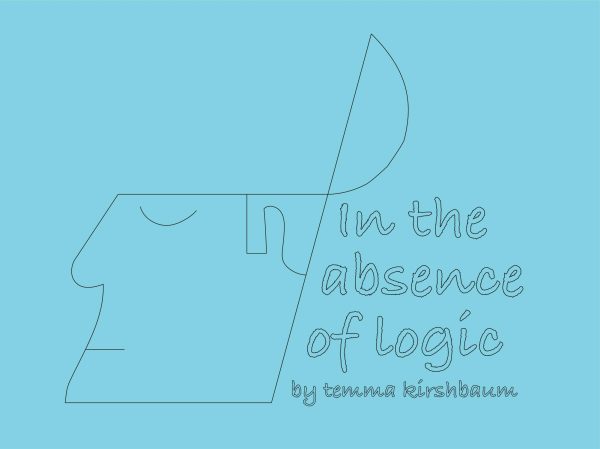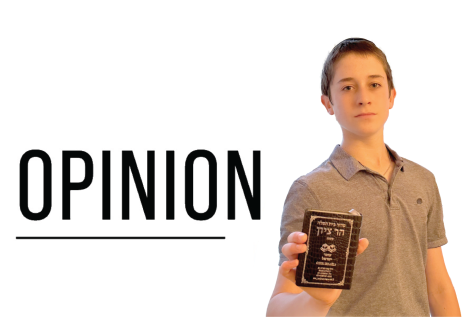EDITORIAL: ChatGPT – Beware the price of convenience
Students say they are using ChatGPT primarily for convenience, but AI’s true capabilities tell a different story.
“Write me a five-paragraph scholarly essay on the American Revolution.”
“Summarize Act 3 Scene 2 in Romeo and Juliet.”
“Solve the following physics equation…”
Since the launch of ChatGPT last November by OpenAI, an untold number of students at Shalhevet and around the world have shifted their attention away from school work and towards the autogenerated chatbot that could do it for them.
In only a few months, ChatGPT has infiltrated schools, workplaces and homes, and this groundbreaking technology does come with its benefits.
It can serve as a resource for students, walking them through math equations when a new lesson doesn’t quite make sense and helping them find alternative sources for papers and projects.
But ChatGPT, as the Boiling Point found in student surveys, is also a slippery slope for cheating and academic dishonesty.
In a recent Boiling Point survey, 20.5 percent of student respondents admitted to using the chatbot to cheat in some way, and 61.4 percent said they had used it.
What these students – and the likely dozens of other students who have used ChatGPT to cheat on assignments – may not realize is that there are undoubtedly long-term consequences of having AI do their homework for them.
It doesn’t take a study or a survey to see that ChatGPT is actively breeding laziness and dependency in students: It’s robbing them of the experience of doing work for themselves.
The purpose of school is not only for students to learn and be exposed to information, but for students to learn how to manage their work and their time.
It’s also for students to learn how to think for themselves, know how to wrestle through a problem and develop their own insights and opinions.
Instead, ChatGPT is telling young minds what to think and believe, replacing their thoughts with its own, and manipulating them into accepting that whatever answer it tells them is the truth.
That’s another issue with ChatGPT. Often, the answers it generates are not the truth.
All chatbots, including ChatGPT, have the tendency to “hallucinate” – that is, to generate false “facts” without telling the user.
According to multiple media reports, this has been a consistent flaw with ChatGPT, as it has no technical understanding of what is true or false. It has only an imperative to answer the question.
Horrifyingly, ChatGPT is becoming a trusted source of information for students when it is in fact untrustworthy. And the most terrifying part about this is that students don’t care.
Many students know that ChatGPT has the tendency to generate incorrect facts, and students know that there is a high chance that their cheating, via chatbot, will be detected by their teachers.
They don’t care.
Covid-19 and virtual school have created an attitude of disregard for learning and academic integrity among students, and ChatGPT is feeding into the desire to cheat their way through school.
ChatGPT is our generation’s next drug. Students are quickly becoming addicted to it, and we need to do something before it’s too late.
If ChatGPT and artificial intelligence are the future, they are part of a scary future that we should fight as much – and as hard – as possible.
So we implore Shalhevet students to stop using ChatGPT in an attempt to take the easy way out.
Instead, we challenge you to put your integrity and capacity for intellectual growth before saving a couple minutes of writing that history paper, reading that Shakespeare play, or completing that physics equation.
Any short-term savings will come at a regrettable long-term cost.











